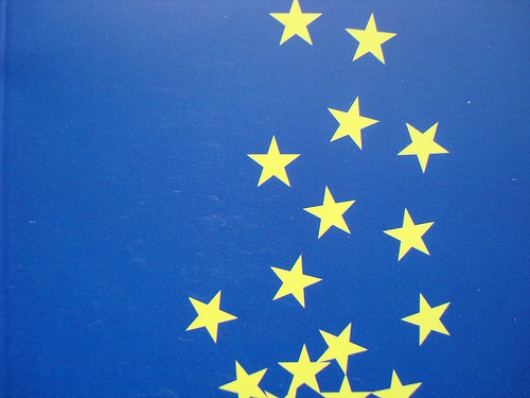Turkish Emotional Intelligence
Published on
Turkey has been made to feel ’unwanted’ in Europe, said the Turkish Foreign Minister Ali Babacan this week at an international conference for politicians and policy-makers in Istanbul organized by Wilton Park, a prestigious conference centre in the UK.
Why does everything to do with Europe and Turkey always immediately become so emotionish? On the European side this is hardly any different.
There is – among all those reasonable claims for reform and various historical investigations into the roots of European culture – the lingering spectre of Turkey, a diffuse fear of this powerful successor of Ottoman inheritance.

In Europe, there are two camps of opinion: one camp wants to have Turkey, the other wants to have Turkey out of the European game. Both find arguments to support their stance. In Turkey, there is – apart from a small group of notorious EU-opponents, usually for nationalist reasons – a large majority which shares a split opinion about the EU. This group of divided minds supports Turkey’s candidacy to the EU as such. At the same time it feels disappointed by recent developments. They want to join the EU but are tired are waiting and feel rejected. They say: So what, we don’t need the EU. If they don’t want us, we don’t want them either. They want to be wanted. A spark of hope, however, has remained in the hearts of those who tend to give a cold shoulder to the EU. The hidden sparks easily grow into passionate flames whenever a European politicians speaks positively about Turkey’s candidacy to the EU. This then feels good again.
A week ago, the Turkish Prime Minister proudly stated in front of students in Sarajevo his country had nothing to loose if Europe decided to keep it out. In fact, the EU would be the loser, Recep Tayyip Erdoğan was quoted as saying by the high-circulation daily Hürriyet. The question then is, however, whether and why Turkey still sees a reason to continue applying for membership.
Meanwhile foreign minister Babacan told the BBC that some EU countries were holding Turkey back out of political ill-will. And: “Uniting Turkey, a large mainly Muslim nation, with the European Union is Europe's biggest peace project since World War II.” Big words with confusing effects. Does that mean there is an open war if Turkey is not going to be accepted by the EU quickly? And the other way around: will Turkey’s entry into the EU mark the end of ongoing terrorist activities and military counter-terrorist operations? Will there be peace in Iraq?
If Turkey wants to be a member of the EU it should say so (and act accordingly) – in a straight and coherent statement. The inconsequence of a leave-us-alone-take-us-in attitude is eventually contra-productive and strains the nerves of everyone involved. Unfortunately the top representatives of this country put significant efforts into stepping onto each other’s feet, spreading disbelief, tying each other’s hands and giving sentiment priority over reason; not only since the AKP is facing a closure case.
Actually, this very chaos which has taken hold of Turkey because of some inner political emotional state is currently the biggest problem, not only but also on its way to Europe. A prosecutor and various influential citizens of this country feel threatened. Which is why they, without further ado, defied the voice of the Turkish people by trying to nullify the voters’ recent and very clear decision for an AKP government. This development owes a matter-of-fact explanation by Turkey’s top representatives – not only to EU Commission Chief José Manuel Barroso and EU Enlargement Commissioner Olli Rehn who are expected to come to Ankara this Thursday (April 10).
Dorte HUNEKE



